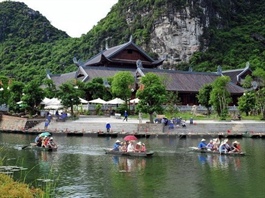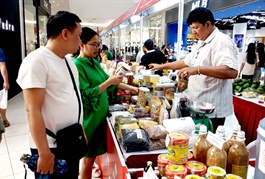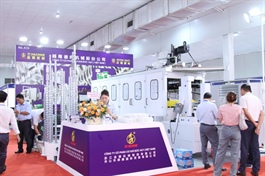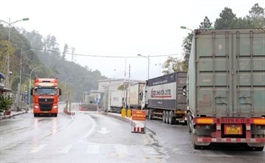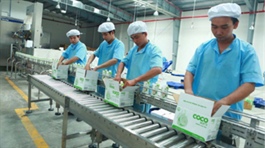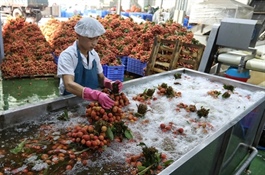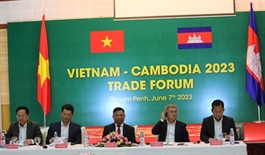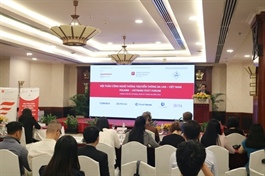Hanoi, South Korea to explore cooperation opportunities in smart city development
Hanoi, South Korea to explore cooperation opportunities in smart city development
Hanoi aims to integrate modern information technology into various aspects of social life management.
The presence of numerous plans and projects focused on smart city development in Hanoi creates a favorable environment for Korean businesses to collaborate with Vietnamese counterparts, enabling them to apply their expertise and technology effectively.
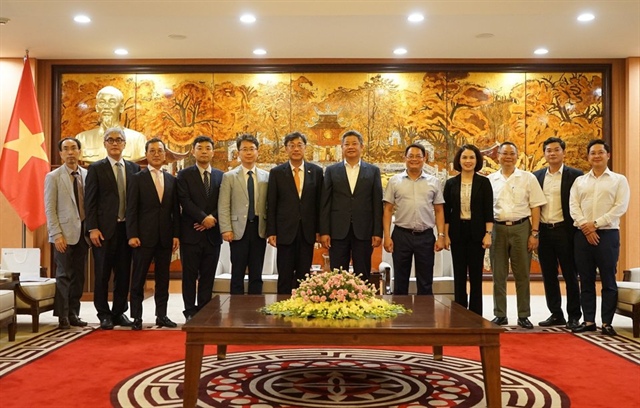
Vice Chairman of the Hanoi People's Committee Nguyen Manh Quyen (7th from left), South Korea's Deputy Minister of Science and ICT, Park Yoon-Kyu (6th from left), and officials of the two sides at the meeting. Photo: The Hanoi Times |
This was emphasized on June 9 by South Korea's Deputy Minister of Science and ICT, Park Yoon-Kyu, at a meeting with Nguyen Manh Quyen, Vice Chairman of the Hanoi People's Committee.
The use of artificial intelligence and digital technology platforms by Vietnamese and South Korean companies will provide many beneficial services to the people of both countries, Deputy Minister Park Yoon Kyu said. This is especially important as Vietnam and Korea are promoting cooperation in various fields, including science, technology, and information and communication technology.
Recognizing that smart cities are where construction technology and information technology converge, Park highlighted South Korea's extensive experience in effectively applying science, technology, and information technology in management, urban traffic control, parking, and emergency response infrastructure.
The Deputy Minister pledged South Korea's commitment to Hanoi's development.
Nguyen Manh Quyen, Vice Chairman of the Hanoi People's Committee, expressed his pleasure to receive Deputy Minister Park Yoon Kyu and his delegation and appreciated the ideas and issues raised by the South Korean side.
Quyen affirmed that these are areas of great importance and focus for Vietnam and Hanoi and are central goals in development efforts.
While acknowledging that implementing information technology, smart city and artificial intelligence solutions is mainly transparent and carried out at the national level, Quyen stressed the importance of applying these comprehensive solutions to urban governance and management.
"Hanoi aims to integrate modern information technology into various aspects of social life management, such as establishing an intelligent city operation center and implementing solutions for traffic control, public transport management, community services, and bus stations," Quyen said.
With this goal in mind, Quyen enlisted the help of Deputy Minister Park Yoon Kyu to devise specific solutions tailored to Hanoi's needs.
In the area of smart cities, Quyen welcomed further joint research to identify potential directions for cooperation.
He stressed the importance of respecting Vietnamese regulations and laws. The Vice Chairman expressed his hope that Deputy Minister Park Yoon Kyu would explore cooperation directions and facilitate the involvement of South Korean investors in potential cooperation projects in Hanoi and Vietnam as a whole.



